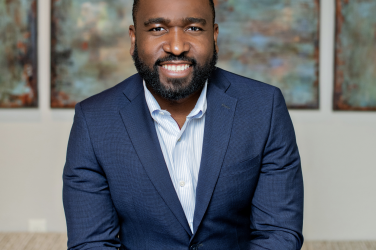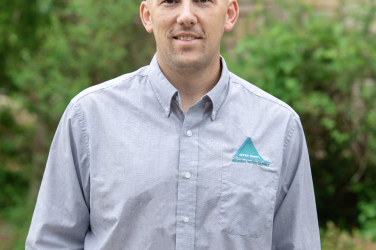
Q&A
Mental Health
Mindful Health offers options for treatment-resistant depression (TRD). What exactly is TRD?
TRD denotes a form of depression that is unresponsive to one or more oral antidepressant medications. Typically, patients try one medication for six to eight weeks, opting out if unsatisfied or experiencing unexpected effects. They then try another medication. Mindful Health is exploring alternative, FDA-approved treatments for TRD, augmenting oral medications. For individuals who have exhaustively pursued conventional therapies without success, alternative treatments offer promise as they target distinct brain receptors and pathways. Such approaches inspire optimism amidst prolonged struggles with depression.
What is TMS, and how does it work?
TMS, or transcranial magnetic stimulation, involves using a coil to deliver focused magnetic fields into the brain. These fields generate small electrical currents, activating brain cells that release neurotransmitters like serotonin, norepinephrine, and dopamine — chemicals linked to mood regulation. By targeting these pathways, TMS aims to rebalance these chemicals, alleviating depression symptoms. Typically, noticeable improvements may occur around the third week of the six-week treatment course, with sessions lasting five to 20 minutes each. TMS is noninvasive and painless, often likened to gentle tapping sensations on the head.
How does Spravato work?
Spravato, derived from ketamine, diverges from its parent compound used in hospitals for sedation and pain relief. Administered as a nasal spray, it avoids the intense side effects associated with hospital-grade ketamine. Initially, it’s given twice weekly for a month, then once weekly for the following month. Unlike oral medications, Spravato acts on different brain pathways, particularly affecting glutamate, enhancing chemical messaging. Treatment sessions, though less frequent than TMS sessions, are longer, typically monitored in-office for two hours. While concurrent oral medication is necessary during treatment, Spravato demonstrates effectiveness, especially for individuals resistant to other medications. Clients undergoing Spravato treatment have reported significant improvements in mood and functionality, expressing newfound enthusiasm for daily activities. It’s FDA-approved for ages 18 and above.
Who are candidates for these services and are they covered by insurance?
Potential candidates for these services are individuals who haven’t responded well to multiple medications. We conduct screenings to assess suitability. Certain factors, like seizure disorders, may make someone ineligible for TMS but suitable for Spravato, providing options. Most insurances cover both services, though prior authorization is necessary. We gather their medical history and medication details to initiate the authorization process.
What other specialty options do you offer for treating depression other than traditional medication management and therapy?
We offer intensive outpatient programs (IOP) and partial hospitalization programs (PHP) with intensive therapy in a group setting. PHP, akin to a step below inpatient care, integrates various services, including doctor consultations, yoga, nursing education, and nutrition. IOP, available in flexible morning, evening, and virtual formats, involves three days a week for three hours each session. Treatment duration varies based on individual progress, lasting anywhere from one to six weeks. Our holistic wellness specialist, trained in Chinese medicine, provides additional support through techniques like muscle testing and mental block identification to aid in overall healing.
About The Expert

Staci Bradshaw, BSN, RN
Mindful Health
Staci Bradshaw is the director of nursing for Mindful Health. A graduate of Texas Woman’s University, she has over 13 years of nursing experience.











